We follow from where we left off in the previous post on Parables in the Bible and their meanings and expound upon each as best we can.
1. The prodigal son Batoni- Luke 15:11-32
The parable of the prodigal son is a story of our Lord's mercy for mankind. We keep faltering, and he keeps forgiving. For Him, all of mankind, great or small is of equal importance and an eminent part of his creation.
2. The good shepherd John 10:1-21
Christ calls his sheep, and we follow. He lays down everything for his sheep, even death for them, as on a cross.
3. The good Samaritan Luke 15:25-37
A neighbour is first your nearest and dearest, and thereafter every human being regardless of race, creed, or colour. Without it being detrimental to you, provide assistance where you can.
4. The murderous winemakers, Matt 21:33-46
A mocker is he who not only reviles Godly teaching but may choose to harm you out of the bile that he holds in his heart for you. Don't cast your pearls before dogs and pigs, they will destroy you for it.
5. The vineyard workers
God wants to rescue all men from damnation, regardless of their sins; all they need to do is repent and seek to walk the straight path. This parable suggests that even at the very end of one's life, repentance is still available.
There is no soul that is unworthy of redemption. What a merciful God we have!
6. The Lost Drachma , Matthew 18:21-35
God seeks sinners constantly, and there is much celebration in heaven when one repents, even when there are millions walking the wide way. There is no soul that is not worthy of redemption. Good or bad, we are all Gods created creatures and worthy of redemption.
7. The Guardian angel, Matthew 18:10-14
We all have one, even the weak that are preyed on; their angels look upon the face of God Himself seeking justice for their wards.
8. The prodigal son, Luke 15:11-32
The grass may look greener on the other side, but it never is. Furthermore, when you find that out, God is always waiting for your return, without any conditions.
This parable while focusing on the spendthrift nature of the son, is really one that focuses more on God's mercy. The father represents God, the prodigal son is any one of us and the older son are self-righteous. There is no limit to the father's mercy in his love for His ultimate creation. As for the self-righteous, please celebrate God's mercy; is it not better that everyone is saved?
The Kingdom is described as such, with King and all that comes with Kingly rule. Am sure that even in heaven there will be differences in rank and the like. Am certain Mother Teresa will be closer in rank to the King. As for me, even cleaning the ablutions will be an undeserved honour.
9. The Pharisee and the publican, Luke 18:9-14
Be careful of self-righteousness. How can a man, sinful from the day we are born, see into his own heart? Address God about your own sins, and leave judgment to God.
The publican deserves the negative view of the pharisee, but the pharisee fails to understand that before God we are all black with sin. Both the publican and pharisee are reliant on God's mercy. When we come before God, it is about us only and not an opportunity for self-righteousness.
10. The Son of the Vineyard, Matthew 21:31-46
The parable is about Israel, specifically, the religious leaders who even on seeing the signs that Jesus performed still rejected him and influenced the population to do the same. There
were obviously many Jewish Christians, but even today, many of the Jews acknowledge Christ as a great prophet, but not as their awaited Messiah.
11. The rich man in hell reaching out to Lazarus in heaven, Luke 16:19-31
If the talents that God gave you are not for the mutual well-being of all men, then what was your purpose for existence?
12. The Lilly in the field, Matthew 6:25-34
Men must eat, but food is not our purpose for existence. In this parable, Jesus draws our attention to the birds of the air and lilies in the fields. They neither work nor toil, yet their needs are met by the almighty. Indeed we must work for our sustenance, however, it is not the physical food that is most important, but rather the spiritual food contained in understanding and living the word of God.
Enjoy


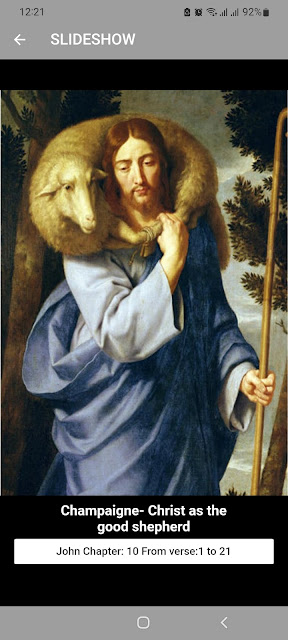
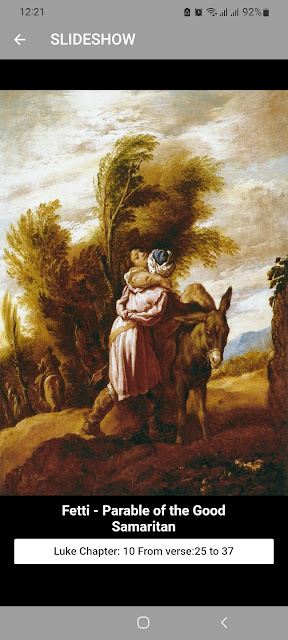
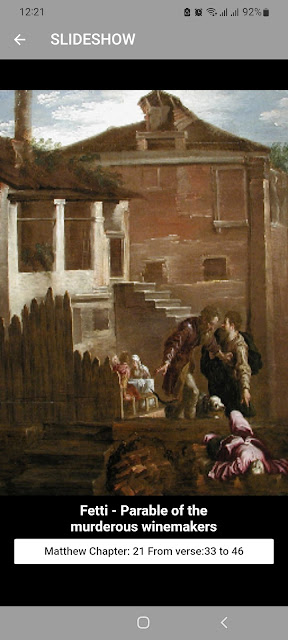
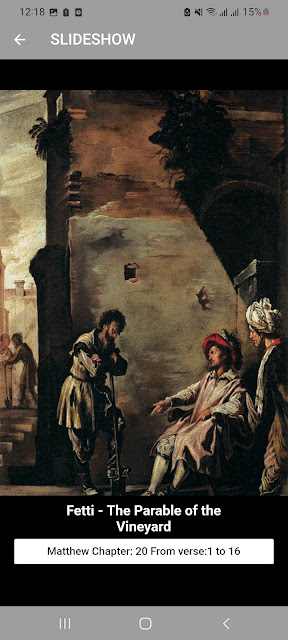

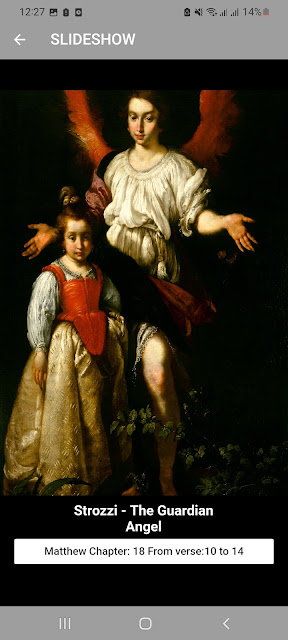
.jpg)



